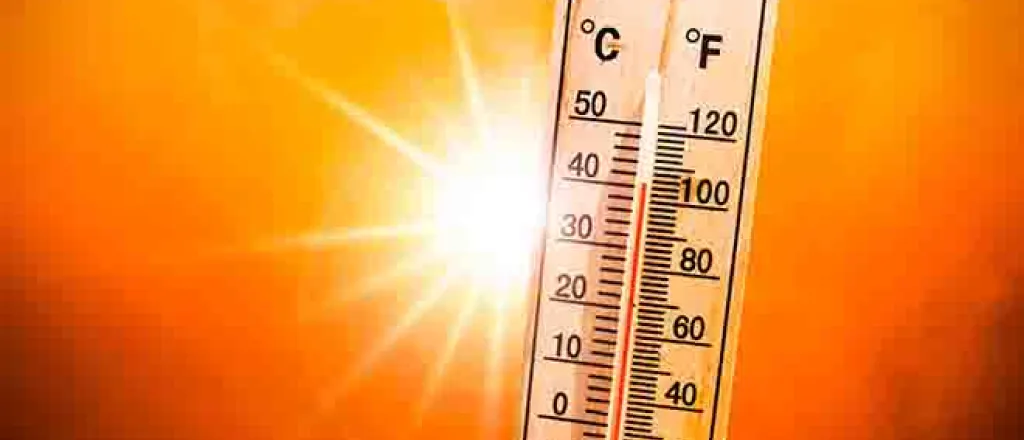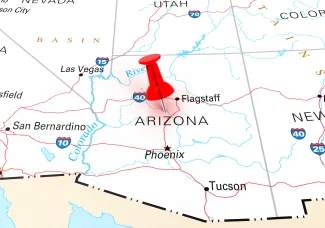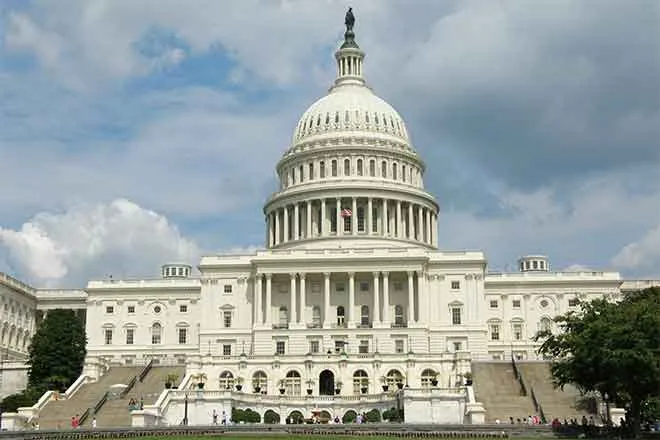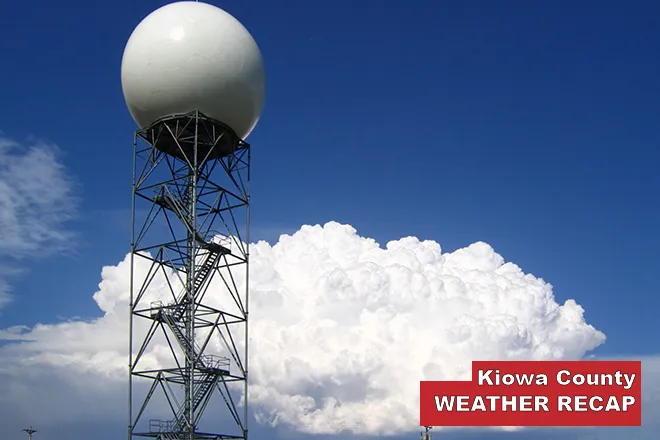
Report: Arizona set to experience a hotter summer this year
Click play to listen to this article.
(Arizona News Connection) Arizona is already warming up, and a new report sheds light on how climate change is intensifying that heat. Last year, just under 650 heat-associated deaths were confirmed by the Maricopa County Department of Public Health. And ahead of Heat Action Day, this coming Sunday, a new Climate Central report finds human-caused climate change added an average of 26 days of extreme heat globally than there would've been otherwise.
Dr. Fredi Otto, co-lead with World Weather Attribution says it'll continue to be more difficult to keep vulnerable communities safe, in Arizona and around the world, as the heating trend escalates.

"Overwhelmingly we are in the era of loss and damage. Climate change is not something happening somewhere else, or sometime in the future - it is here and now," Otto said.
Experts like Otto are calling on leaders and policymakers to take action. In an effort to be better prepared, Arizona now has its first Chief Heat Officer - a first for any state - to oversee implementation of Governor Katie Hobbs' Extreme Heat Preparedness Plan.
Roop Singh, climate risk adviser with the Red Cross Red Crescent Climate Centre, considers heat waves a silent killer, unlike other types of natural disasters. While the Biden administration has invested billions of federal dollars to help lower energy costs for Americans, data show that assistance only reaches a small portion of those who need the help during the hot summer months. Singh says national legislation could help make a difference.
"So can we build those in? Can there be national legislation around building codes for keeping your homes cooler? Worker safety laws, especially for people who are working outdoors, can also be really helpful," Singh said.
Singh said other measures to reduce the impact of hotter days include making cooling needs part of the social safety net, bolstering transportation systems so they can operate during extreme heat waves, and designing towns and cities with cool spaces in close proximity to more residents.














